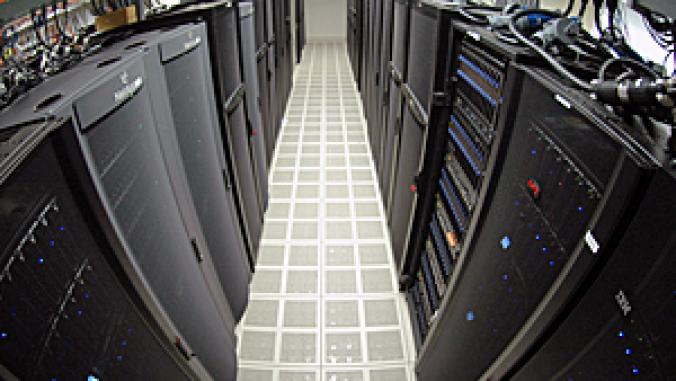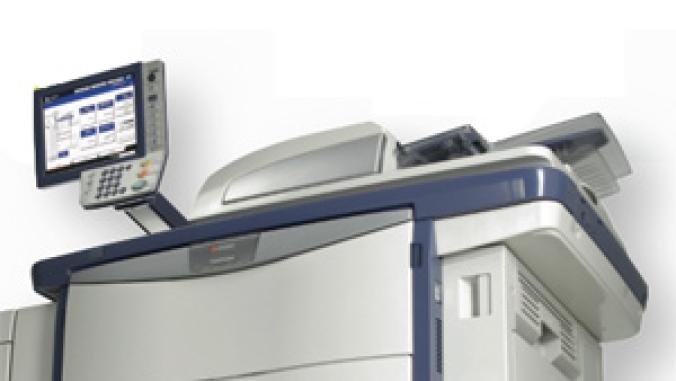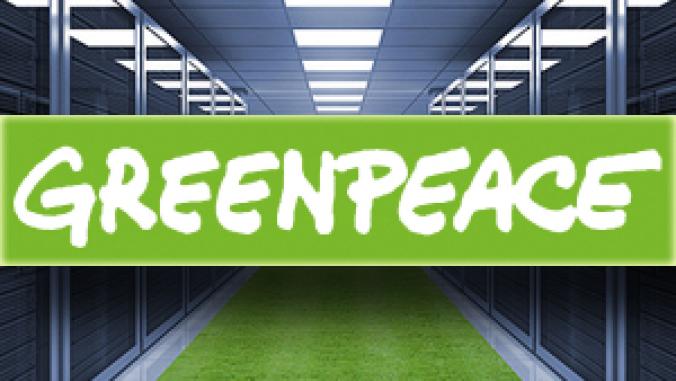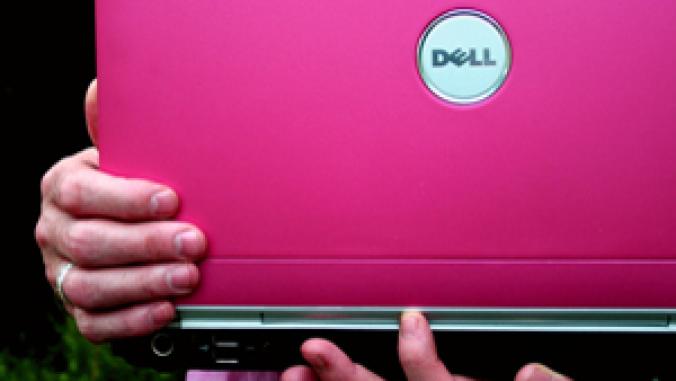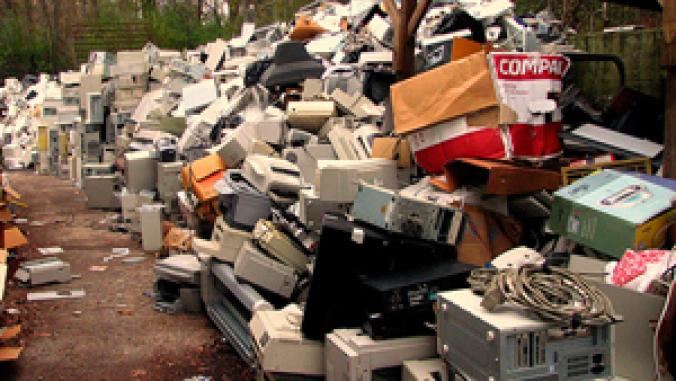Apple, Intel Halt Conflict Minerals Purchases
<p>New rules implemented by an industry trade association and spearheaded the two computing companies went into effect this month, slowing or stopping purchases of minerals from the Democratic Republic of Congo, currently embroiled in civil war.</p>

New rules went into effect this month that aim to slow or stop the purchase of minerals from the war-torn Democratic Republic of Congo; the implementation of the rules means that certain areas of the country are off-limits to parts of Apple, Intel and other IT firms' supply chains.
The rules were put in place by the Electronic Industry Citizenship Coalition, and the Global E-Sustainability Initiative, industry associations based in Washington, D.C., and Brussels, respectively. The two groups developed the "Conflict-Free Smelter program" to ensure that shipments of tin, tungsten, gold and coltan -- key elements for the manufacture of electronics -- don't fund the ongoing civil war in the eastern Congo.
The program is already having an impact on the region, though how much of an impact remains to be seen, as mineral exporters look to Asia to send shipments instead of the United States and Europe.
"There is a de-facto embargo, it's very clear," John Kanyoni, president of the mineral exporters association of North Kivu, in the Democratic Republic of Congo, told Bloomberg News. "We're committed to continue with all these programs. But at the same time we're traveling soon to Asia to find alternatives."
But the pressure will increase further later this month, as a conflict minerals law bundled in last year's financial reform bill goes into effect in April. That rule, which we covered last year, is liable to have major impacts: "This is a law that is going to affect virtually the entire U.S. manufacturing sector," Rick Goss, vice president of environment at the Information Technology Industry Council, told reporters last year.
Earlier this year, a coalition of IT and engineering firms stepped up efforts to halt the purchase of conflict minerals, working to create a standardized method for tracking materials like tantalum, tin, gold and tungsten, so that suppliers can confirm they're only using conflict-free materials.
And GreenBiz.com earlier this year hosted a webcast on removing conflict minerals from supply chains. That webcast is archived and available for free viewing from GreenBiz.com.
